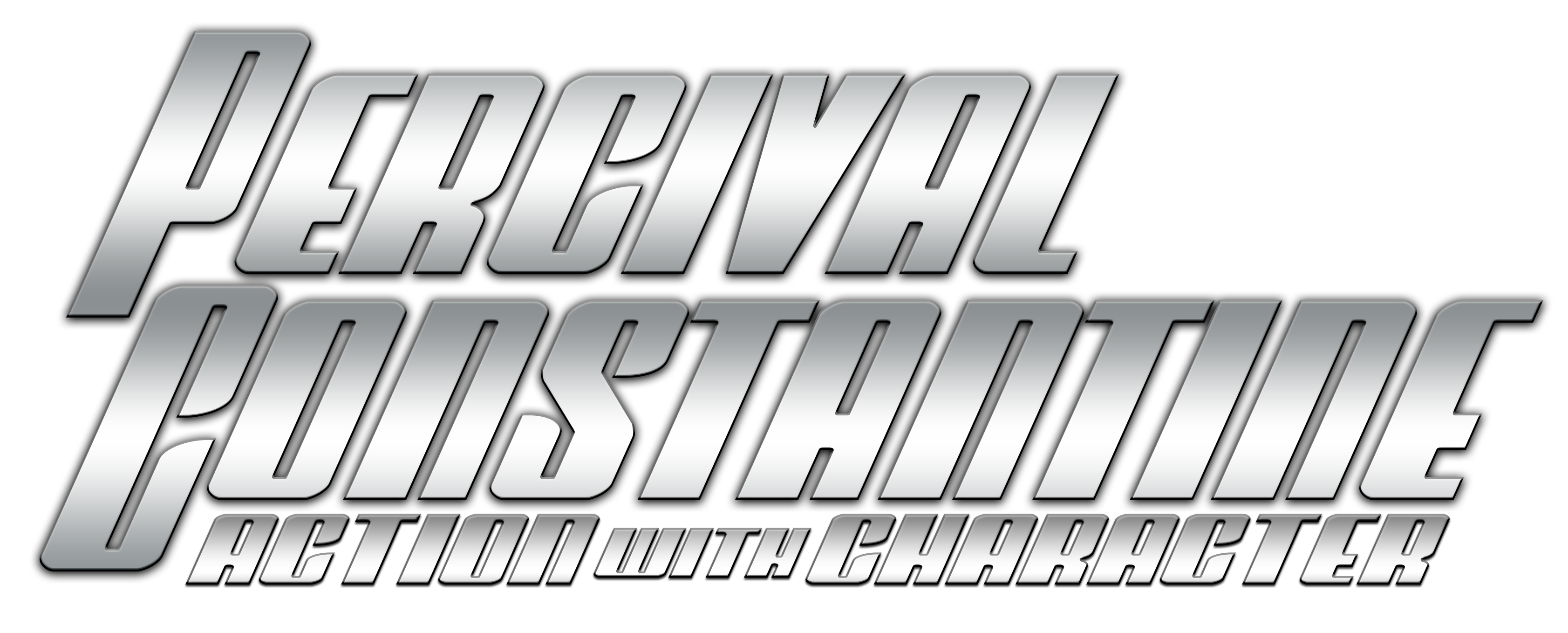 Halloween is coming around, and as is usually the case, that means I’m watching far more horror movies than I would under normal circumstances. Among those I’ve watched lately are two recent adaptations of one of my favorite books, Frankenstein. Both shared the same title as the novel and both were made-for-TV productions, and both came out in 2004. One was a USA adaptation based on a concept from Dean Koontz (that he developed into a series of novels), which featured both the doctor and his creation alive in modern-day New Orleans. The doctor is up to his old tricks again, except this time he’s killing people and harvesting their organs. And the monster, taking on the name Deucalion (the son of Prometheus in Greek mythology, and Shelley’s novel originally carried the subtitle of The Modern Prometheus), teams up with a police detective to stop his creator. It was intended to be the pilot for a new TV series with Vincent Perez (The Crow: City of Angels) as Deucalion, but that fell through. I’ve never read the books, but it was an interesting take on the mythos.
Halloween is coming around, and as is usually the case, that means I’m watching far more horror movies than I would under normal circumstances. Among those I’ve watched lately are two recent adaptations of one of my favorite books, Frankenstein. Both shared the same title as the novel and both were made-for-TV productions, and both came out in 2004. One was a USA adaptation based on a concept from Dean Koontz (that he developed into a series of novels), which featured both the doctor and his creation alive in modern-day New Orleans. The doctor is up to his old tricks again, except this time he’s killing people and harvesting their organs. And the monster, taking on the name Deucalion (the son of Prometheus in Greek mythology, and Shelley’s novel originally carried the subtitle of The Modern Prometheus), teams up with a police detective to stop his creator. It was intended to be the pilot for a new TV series with Vincent Perez (The Crow: City of Angels) as Deucalion, but that fell through. I’ve never read the books, but it was an interesting take on the mythos.
The other was also in 2004, a mini-series that was an adaptation of the novel for the Hallmark Channel. It was a pretty faithful adaptation, albeit a bit slow in parts (the total runtime was around three hours). Luke Goss (Blade II) played the monster and William Hurt and Donald Sutherland also had supporting roles.
Anyway, I got to thinking about the creature’s name. Of course, anyone who has read the book and most adaptations of the novel know that Frankenstein was the doctor’s name and the monster had no name. I’ve heard that Shelley referred to the creature as Adam in some readings of the book and the creature refers to himself as the Adam of Frankenstein’s labors. But for the most part, as far as the text is concerned, the creature is nameless. Over time, the monster has come to be known as Frankenstein in the public consciousness, which has become a sticking point for some who feel the need to issue a correction.
This got me thinking…who’s to say the creature isn’t Frankenstein?
I think of this for two reasons. For one, the creature refers to Frankenstein as his father, so in that instance, Frankenstein could be considered the creature’s surname as well as Victor’s. In that case, it’s only a first name that the creature lacks (although you could make an argument for Adam to be his first name, and there have been works that use the creature and refer to him as Adam).
If you don’t want to think of the creature as Victor’s son, you could also make an alternate argument. A painting is sometimes referred to by using the creator’s name as shorthand, like a Rembrandt or a Monet. In this convention, Frankenstein’s Monster could be referred to as a Frankenstein.
I think the best argument is really that the creature is Victor’s son. He’s a very human character in the book, not at all a lumbering, monosyllabic buffoon like he’s sometimes portrayed. No, the creature is actually very intelligent and well-spoken. So personally, I don’t see anything wrong with humanizing him a bit further and referring to him as Frankenstein, since he is Frankenstein’s son.
Now if you were to refer to the monster as Victor Frankenstein, we’d have to have a talk…
